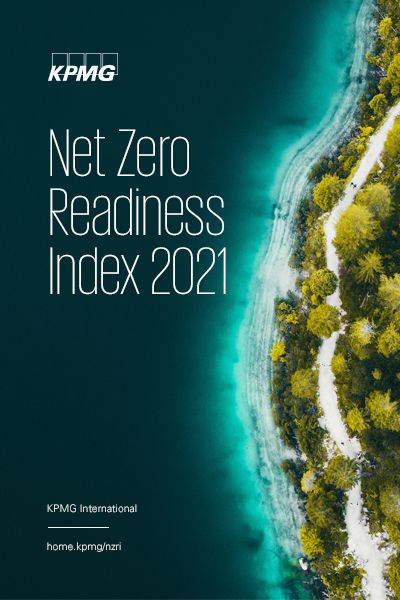Argentina has recently committed to a 2050 Net Zero target but faces major economic challenges in the wake of COVID-19. The country is still heavily reliant on fossil fuels and has progress to make on reducing car use and deforestation.
Political momentum
In December 2020, Argentina committed to reaching Net Zero by 2050 along with a new interim absolute emissions reduction target that would limit emissions to 359MtCO2e annually by 2030, 25 percent lower than its previous target set in 2016.1 It has established a national climate change council, an information system to track greenhouse gas emissions and committed to zero net deforestation by 2030.
But despite these announcements, the government faces major, unexpected economic and social challenges. It is focused on restructuring the country’s sovereign debt with external creditors, getting out of default and supporting its vulnerable population. Tackling the COVID-19 pandemic crisis has reshaped and redefined the government’s public priorities, according to Romina Bracco, Governance, Risk and Compliance Services and ESG Partner, KPMG in Argentina.

Sectoral transition
Energy production remains heavily reliant on fossil fuels, with renewables, including solar, wind, geothermal and biomass, making only small contributions despite the country having significant knowledge in this area. The government has pledged to undertake an energy transition by 2030, but Bracco says it should speed up the transition by resuming previous initiatives to promote renewable production or encouraging industries to report on climate change risks and mitigation, and decarbonization plans.
On transport, the government is looking to improve electric rail networks in cities and move to electric buses, but Bracco says it could do more to discourage car usage – for which fossil fuels are currently subsidized – and encourage the use of public transport and help to make freight transportation more efficient. Adoption of electric vehicles and provision of charging infrastructure remains very low.
Much deforestation continues to take place and there are few measures in place to manage, protect and verify the extent of forests in the country. There is also scope to incorporate more sustainable production practices across agricultural industries.

Private sector and public support
At present, only a few companies publish standardized data on greenhouse gas emissions, often because they are subsidiaries of foreign groups that are required to do this by their home governments. Bracco says that Argentinian companies tend to publish only good news about their environmental work: “There has to be a requirement locally for companies to start talking about how they impact our environment,” she says. “It’s very difficult to reinforce or put pressure on private entities, such as for more information on their emissions, or considering penalties for not being compliant.” Without such data, she adds, it is questionable whether the 2030 targets will be met.
As well as enabling better tracking of companies’ performance, better data would allow consumers to make choices that take into account environmental impacts. It would also help in supporting long-term plans to raise Argentinians’ awareness of climate change, something the government pledged to do in its 2030 commitment.
Contact
Connect with us
- Find office locations kpmg.findOfficeLocations
- kpmg.emailUs
- Social media @ KPMG kpmg.socialMedia
Australia | Brazil | Canada | Chile | China | Denmark | France | Germany | Hungary | India | Indonesia | Italy | Japan | Malaysia | Mexico |
New Zealand | Nigeria | Norway | Poland | Russia | Saudi Arabia | Singapore | South Africa | South Korea | Spain | Sweden | Thailand |
Turkey | United Arab Emirates | United Kingdom | United States
1 Executive summary in English of ‘Segunda contribución determinada a nivel nacionalde la República Argentina’, Argentina Ministerio de Ambiente y Desarrollo Sostenible (published by UN), December 2020.
https://www4.unfccc.int/sites/ndcstaging/PublishedDocuments/Argentina%20Second/Argentina_Segunda%20Contribuci%C3%B3n%20Nacional.pdf



